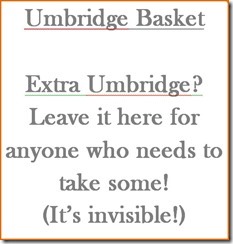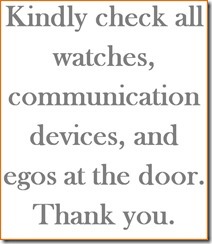by Kevin J. Zimmerman
December 28, 2014
I learned at last, as I came to be about seventeen, that my father was an entire freethinker, as much as I am now. It shocked me much, because he never taught me anything, allowed me to pick up religion from any one around me, and then scolded me because I embraced beliefs which he knew must condemn him. I think this neglect to be honest with children is a terrible evil. I have lost years of thought, and wandered wide and done such unwise conceited things, and encountered risks for soul and body, all of which might have been obviated by his frank teaching. — Moncure Conway –
I grew up in a largely secular household, where books by Carl Sagan and Joseph Campbell punctuated our bookshelves. But like Moncure Conway, I “picked up religionâ€from those around me, eventually joining the Mormon Church, to my father’s great disappointment. Unsatisfied with the local public schools, my parents opted to send me to a private, Christian school from kindergarten through third grade—a time when children are most vulnerable to indoctrination. I loved the school, but there my child’s brain was infected with the tedious supernatural beliefs of religion, beliefs such as mind reading (prayer), vicarious sacrifice (the atonement), and survival of one’s own death (the afterlife). Once people’s brains have been infected by religious dogma, they are often crippled in their ability to think critically. I had caught a bad case of religion that I didn’t shake until my 30s.
You can read Kevin Zimmerman’s entire sermon in pdf format Parenting Authentically in an Interfaith Marriage

